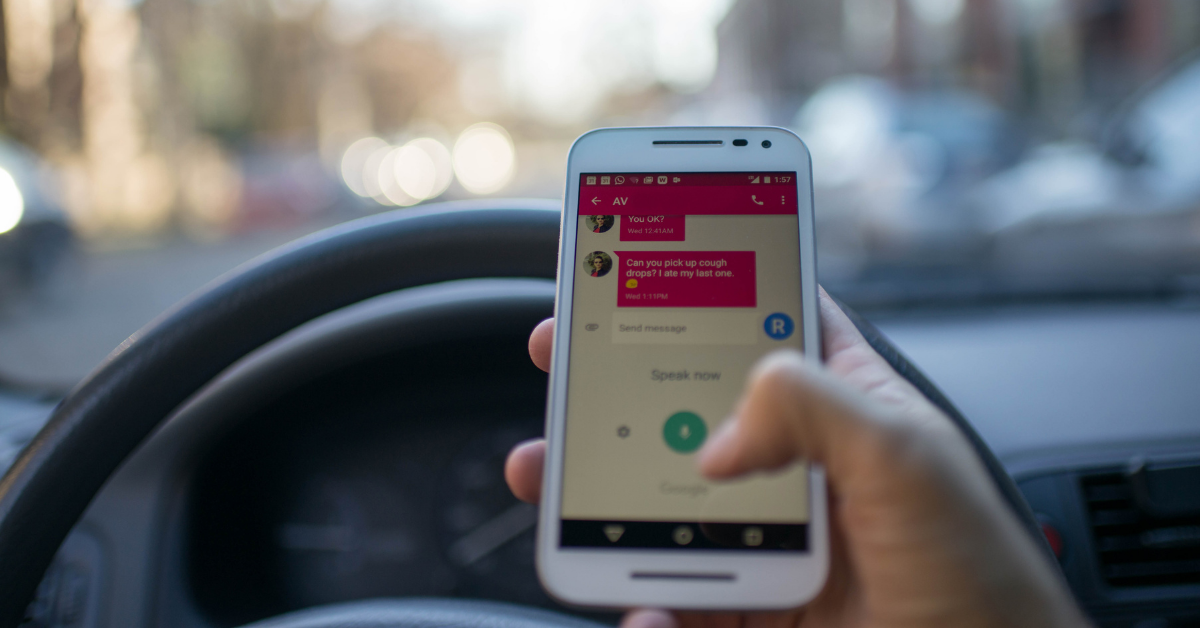Your company has rules about employees talking on their phones and texting while driving, but are they following them?
New data from the Centers for Disease Control and Prevention (CDC) show that 69 percent of U.S. drivers talked on their cell phone while driving in the 30 days before they were surveyed. And 31 percent said they had read or sent text messages or e-mails while driving.
One of the major causes of vehicle accidents today is distracted driving. No matter what type of activity you do in a car or truck your attention is removed from safely driving the vehicle. Texting while driving is one of the worst distractions and is the cause of many vehicle accidents.
“The cell phone can be a fatal distraction for those who use it while they drive,” said CDC Director Thomas Frieden. “Driving and dialing or texting don’t mix. If you are driving, pull over to a safe place and stop before you use your cell phone.”
It’s a perfect time to take action to reduce distracted driving because April is Distracted Driving Awareness Month. The National Safety Council urges drivers to:
- Stop using cell phones while driving.
- Understand the dangers of the cognitive distraction to the brain.
- Inform people who call while driving that you’d be happy to continue the conversation once they have reached their destination.
- Tell others about the dangers of cell phone distracted driving.
Texting and driving not only affects you, it also affects those around you. In this technological world that we live in, texting and driving is often called the new "drunk driving”, because it is just as dangerous as driving under the influence of alcohol or drugs.
As a reminder, New Hampshire drivers won't be allowed to use handheld cell phones at all when the ban goes into effect July 1, 2015. In addition to barring adult drivers from holding their cell phones and talking, drivers under the age of 18 will be barred from all mobile phone use. (That provision takes effect upon enactment of the law). Fines begin at $100, increase to $250 for second offenses, and then top out at $500.







